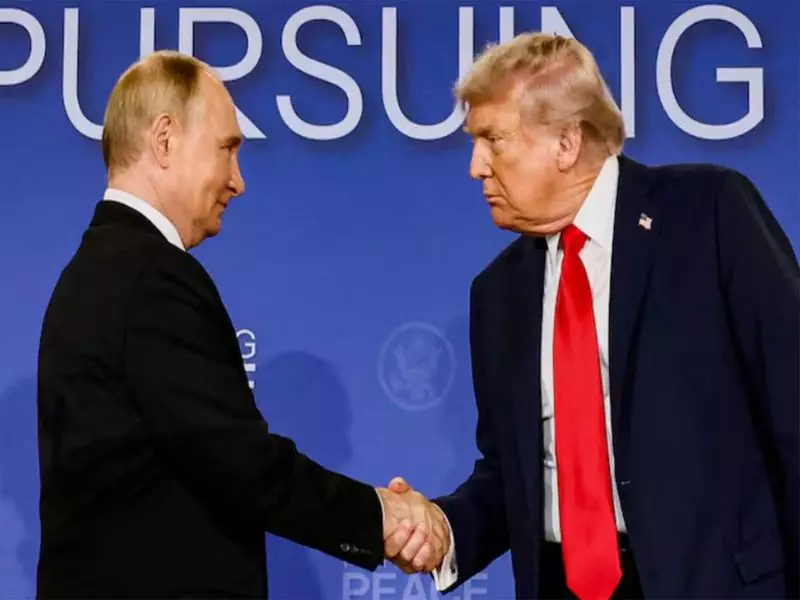
In a significant development that could shape the future of the ongoing conflict, Russian President Vladimir Putin has laid out a crucial precondition for peace negotiations with Ukraine. The Russian leader is demanding control over the strategically vital Kherson region in southern Ukraine as the fundamental requirement for entering ceasefire talks.
The Strategic Importance of Kherson
The Kherson region represents more than just territory in this complex geopolitical puzzle. This southern Ukrainian area holds immense strategic value due to its access to the Black Sea and its position as a gateway to Crimea. Control of this region would provide Russia with a land bridge to the Crimean peninsula, which Moscow annexed back in 2014.
Ukraine's Firm Stance
Ukrainian officials have responded with strong resistance to Putin's demands. President Volodymyr Zelenskyy's administration maintains that any territorial concessions are completely off the table. Ukraine insists on restoring its full territorial integrity, including reclaiming all regions currently under Russian occupation.
International Reaction and Diplomatic Moves
The international community is closely monitoring these developments, with Western nations expressing concern about the implications of such demands. Diplomatic sources indicate that this represents a hardening of Russia's position, potentially complicating already challenging peace efforts.
What This Means for Peace Prospects
Putin's specific demand for Kherson suggests several strategic calculations:
- Military consolidation: Securing Kherson would strengthen Russia's defensive positions in southern Ukraine
- Economic leverage: Control over Black Sea access and agricultural resources
- Negotiating position: Setting a high initial demand for potential compromise later
As both sides prepare for what could be a prolonged conflict, the demand for Kherson region control emerges as what analysts are calling "the piece of the puzzle that could determine whether peace talks move forward or stall indefinitely." The coming weeks will reveal whether this represents a genuine negotiating position or merely political posturing in an increasingly complex international standoff.





